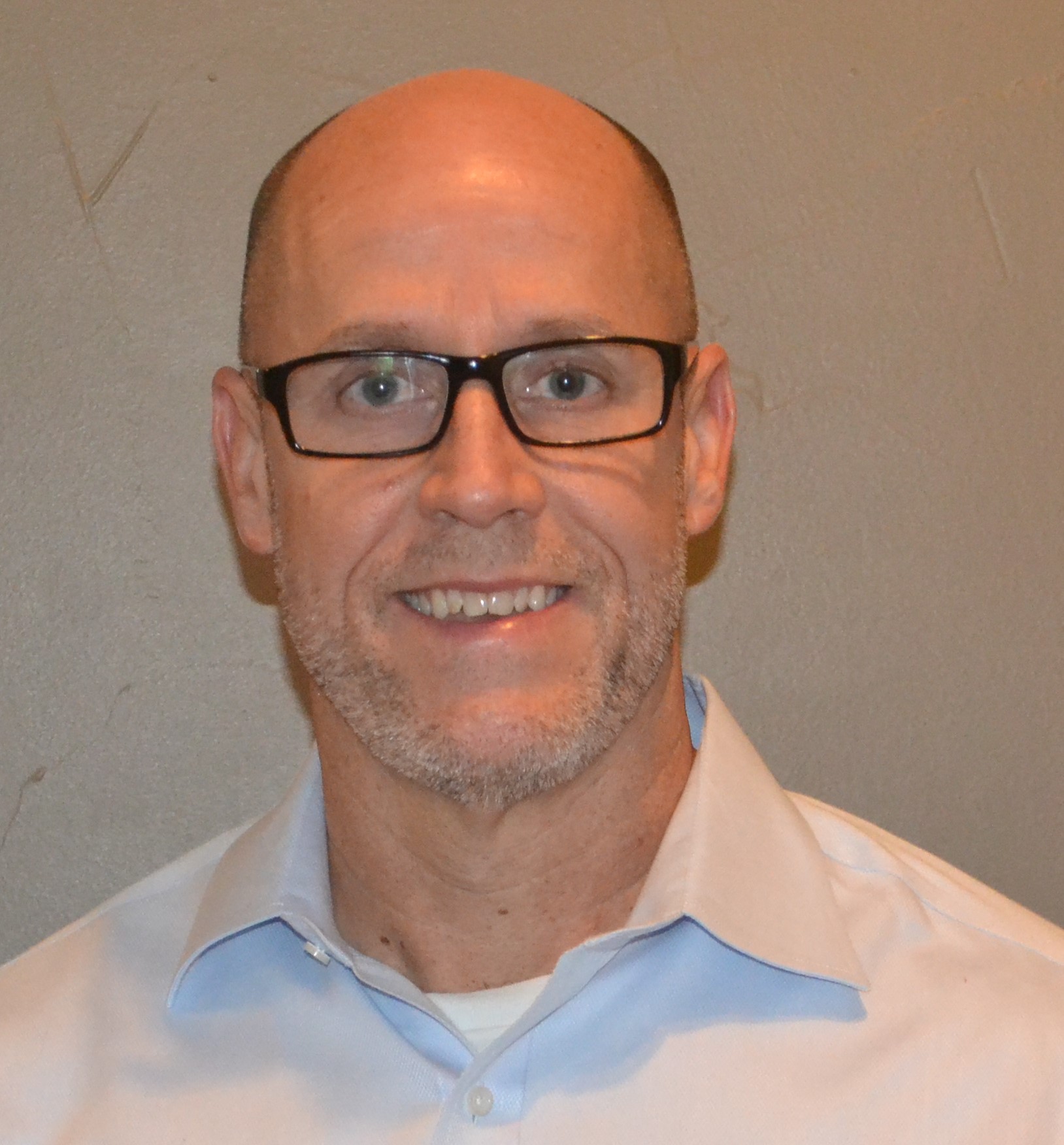
The 9/11 attacks back in 2001 caused a significant downturn in the economy, and like a lot of other small business owners, Gerald Moody, BSRC, RRT, RRT-NPS, eventually ended up looking for a career change that would offer more job security. He had always been interested in health care but didn’t have the time or the resources necessary to go to medical school, and nursing didn’t really interest him.

A scary incident in his life ultimately led him to respiratory care.
“Shortly after my daughter was born in early 2004, she contracted RSV and was hospitalized for a week,” Moody said. “That is when I was introduced to the profession of respiratory care. I researched the profession, sold my business, and went back to school.”
It all happened at the AARC Congress
Now, some 16 years later, Moody serves as a clinical research coordinator at Children’s Health-Children’s Medical Center in Dallas, TX.
“I have a passion for why we do the things we do, and my job allows me to pursue those interests,” he said.
He traces his interest in clinical investigation back to his first AARC Congress in Tampa, FL, in 2011.
“It was during that Congress that I realized how much research drives our profession, from therapy to devices,” Moody said.
At last year’s Congress in New Orleans, he brought the experience to another level with the presentation of one of the top abstracts of the year during the Editors’ Choice session at the Open Forum.
His abstract, Comparison of Vibrating Mesh Nebulizer Versus Jet Nebulizer in the Pediatric Asthma Patient: A Randomized Controlled Trial, grew out of yet another Congress attendance, the 2014 meeting in Las Vegas.
“During that Congress, I was introduced to an adapter that allowed for spontaneous breathing patients to use a vibrating mesh nebulizer,” he said. “My first thought was how this might impact outcomes for asthma patients admitted to our emergency department, so I took an adapter home with me with the intention to conduct a study.”
Three pieces of advice
Moody says conducting research as a junior investigator is challenging, in large part due to the trial and error you must go through as you learn the ropes.
“I also have a difficult time writing,” he admitted. “However, things do get easier the more you practice your craft.”
It is all worth it though.
“For me, the best thing about conducting research is witnessing the impact on patient care and the sharing aspect,” Moody said. “You will be surprised how many clinicians are asking the same questions, and when you receive feedback that your study has solved a problem, answered a question, or changed practice it’s hugely satisfying!”
Gerald Moody has these three bits of advice for anyone thinking about conducting a study of their own –
- Start with a small project in a subject you are passionate about and submit an abstract to the AARC Open Forum. Sharing your work with peers and getting feedback, positive or negative, is motivating and instructional.
- Find a mentor, whether it be someone within or outside your institution. They will save you a lot of time because they’ve already gone through some of the trial and error you will encounter.
- Be patient and keep moving forward. There will always be challenges and setbacks, but in the end, you will have gained more knowledge and contributed to the body of literature in our profession.
This year’s Open Forum is currently scheduled to take place during AARC Congress 2020 in Orlando, FL, Nov. 14-17.
Looking for a mentor in the research arena? You’ll find lots of support in the Research Community on AARConnect.





